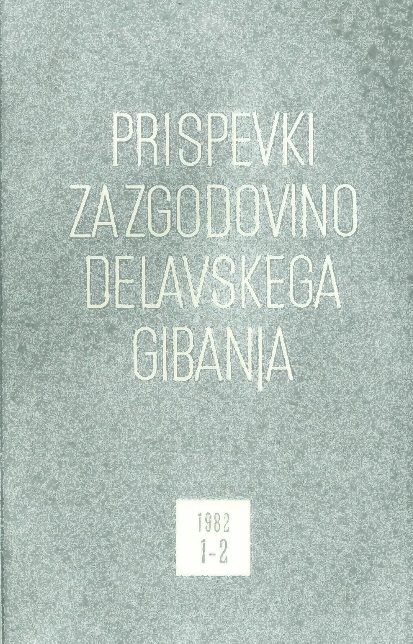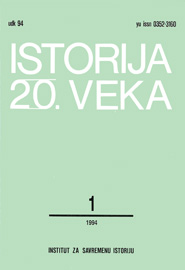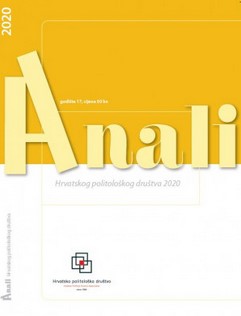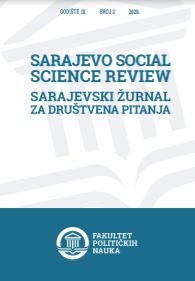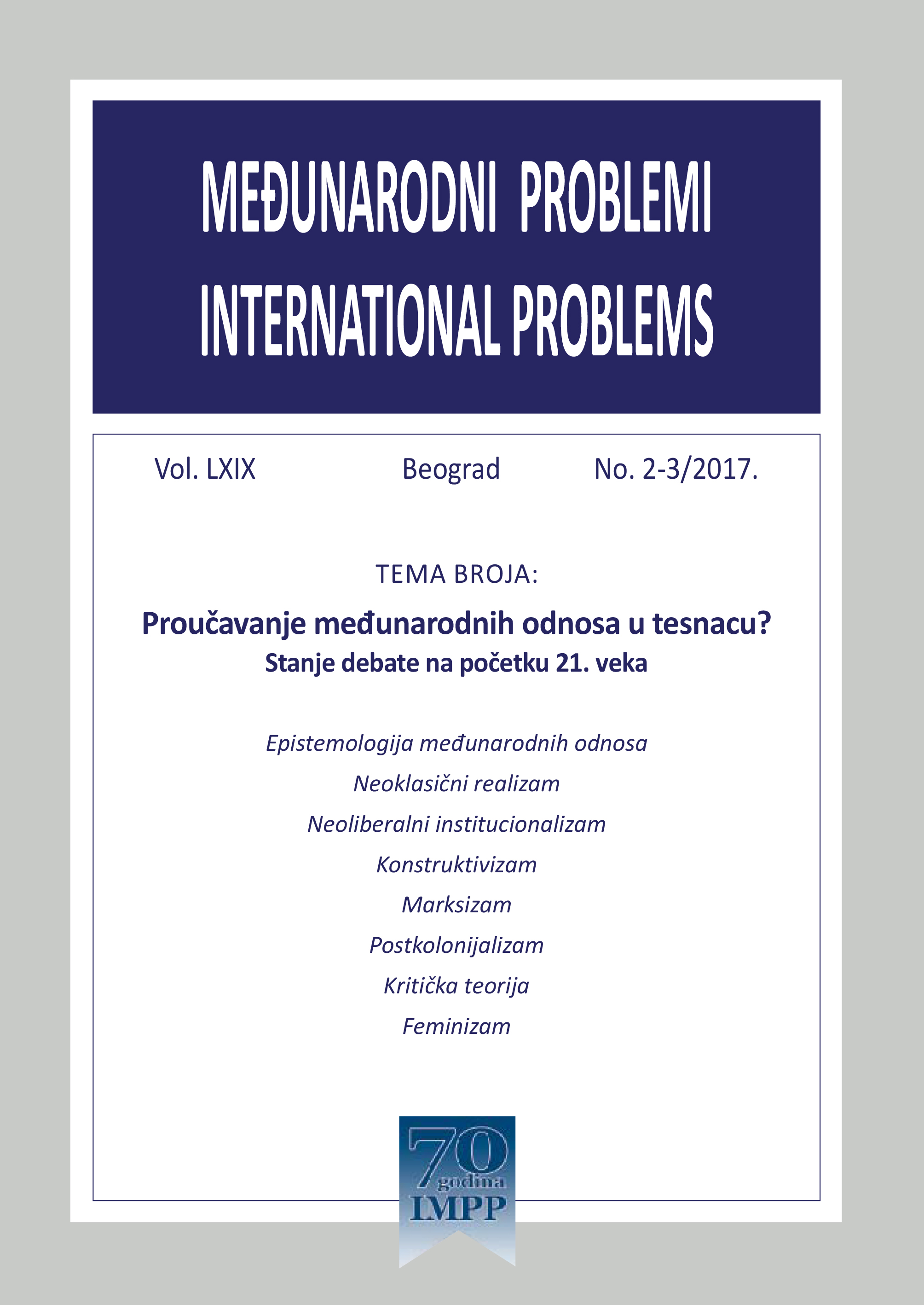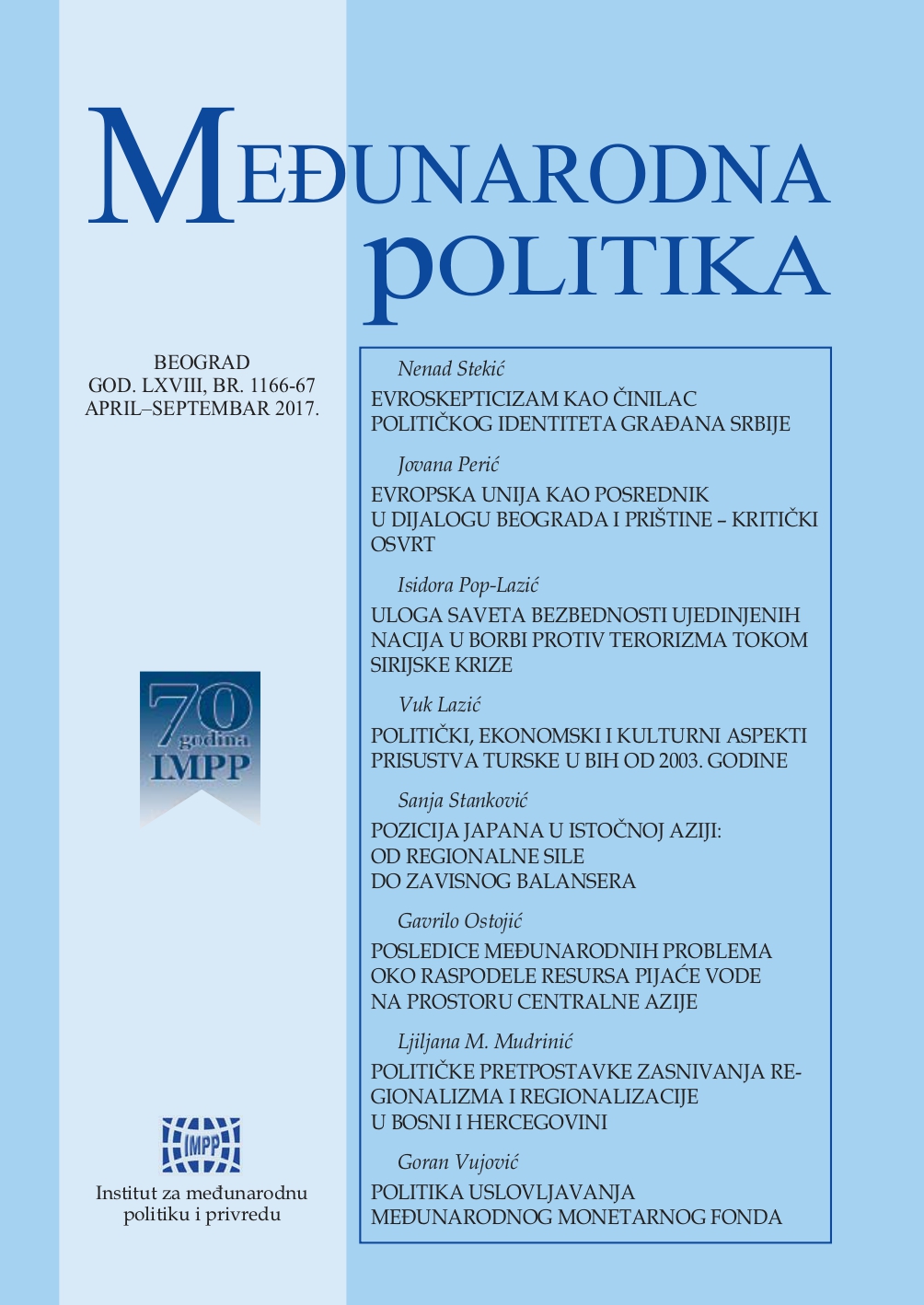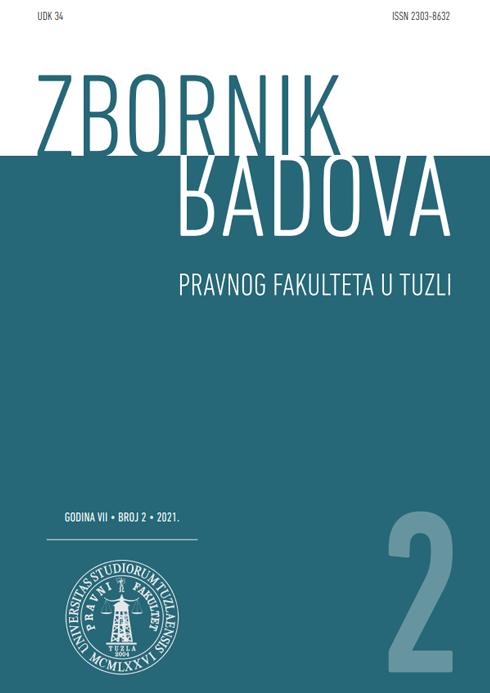
Contractualism vs. Contractarianism
Kontraktualizam versus kontraktarijanizam
Keywords: social contract tradition; contractualism; contractarianism; con-structivism; actual and hypothetical agreement; David Gauthier; Thomas Scanlon.
The author insists that, within contemporary theory, common division of social contract tradition on "Hobbesian" and "Kantian" line of thought is entirely justified. Analyzing the theories of David Gauthier and Thomas Scanlon, he also indicates the important difference between "moral" and "political" dimension of the idea of social contract. Finally, he rejects recent attempts of identifying contractual-ism with constructivism.
More...

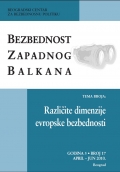
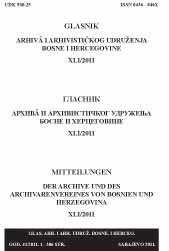


![Subject matter jurisdiction in settling disputes of insurer of the charterer against freight forwarder and ship operator arising from the damage on containers owned by the insured : [case review]](/api/image/getissuecoverimage?id=picture_2016_42747.jpg)
![Ugovorno pravo osiguranja - komentar zakonskih odredaba [= Contractual Insurance Law - Commentary on Legal Provisions] (author D. Pavić) (Zagreb, 2009) : [book review]](/api/image/getissuecoverimage?id=picture_2009_45464.jpg)

